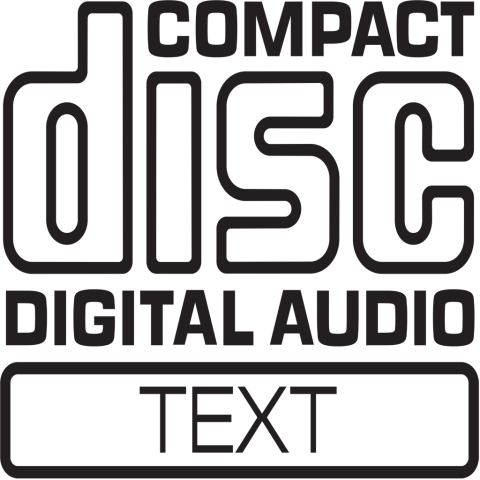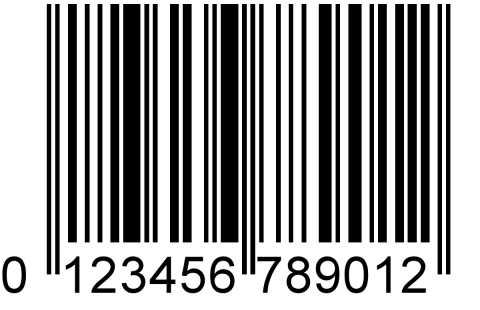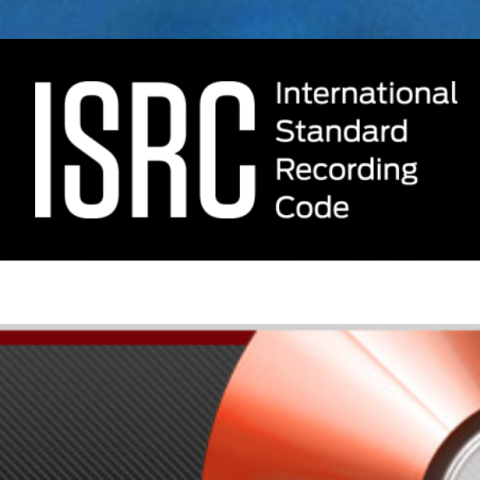The National Academy of Recording Arts and Sciences (NARAS), more widely know as the Recording Academy, is an organization of creative and technical music creators dedicated to 'improving the quality of life and cultural condition for music and its makers.' Also, they award the prestigious Grammy award to deserving artists every year near the end of January. The membership votes on who wins the award each year, so the award is peer awarded. This last year, almost half of the
There are several resources online that list album credits. They populate their databases right off of the album artwork that is submitted. Generally, they do not accept changes or anything that is not physically printed on the artwork of the album. The two main places I've found online are allmusic.com and albumcredits.com. Established in 1991, the All Music
This is the second installment of a series about Album Credits. As this is just to help brainstorming, I will just make a list that recommended album credits to include on the artwork. Hopefully this will help you remember to try to include everyone that worked on your product.
Front Cover
- Album Title
- Artist
Back Cover
I'm starting a several week installment talking about album credits. Artwork on an album cover provides much more than just a pretty package to catch the eye of a browsing music fan. It provides a place to tell a little more about your work, lyrics and production of the project.
Often confused with CD-Text, the online Compact Disc Database stores metadata on audio CD's. The online database was created by Gracenote and is accessed by client applications, such as iTunes. The client application sends a 'disc thumbprint' then the information in the database is downloaded and displayed in the program. Sometimes, especially with burned discs, there are multiple entries in the database for that thumb print due to several users adding their personal 'mix cd
CD-Text extends the Red Book specification and allows metadata to be embedded into the physical disc. The information about album artist, album title, track title, track artist, ISRC, arranger, composer, performer, songwriter, and a message can all be are stored either in the disc's table of contents (TOC) or in the subchannels R through W. Only disc players with the special compact disc digital audio cd-text logo will read and output this data. Most computers use another me
Also known as a 'bar code,' the Universal Product Code consists of a series of black and white lines that contain information decodable by an optical scanner. The pattern represents 12 numeric digits that help retail stores manage inventory and sell items. This information can also be digitally embedded into your disc at mastering.
Layback Mastering is the process of recording your mix to analog tape and mastering from the analog tapes. If you recorded and mixed completely digitally, you may consider asking about tape layback as an option for mastering. It can add that analog 'warmth' to a project or give that last little bit of 'glue' that makes a mix really come together. We have several choices in analog tape machines including Ampex, Sony and Studer.


